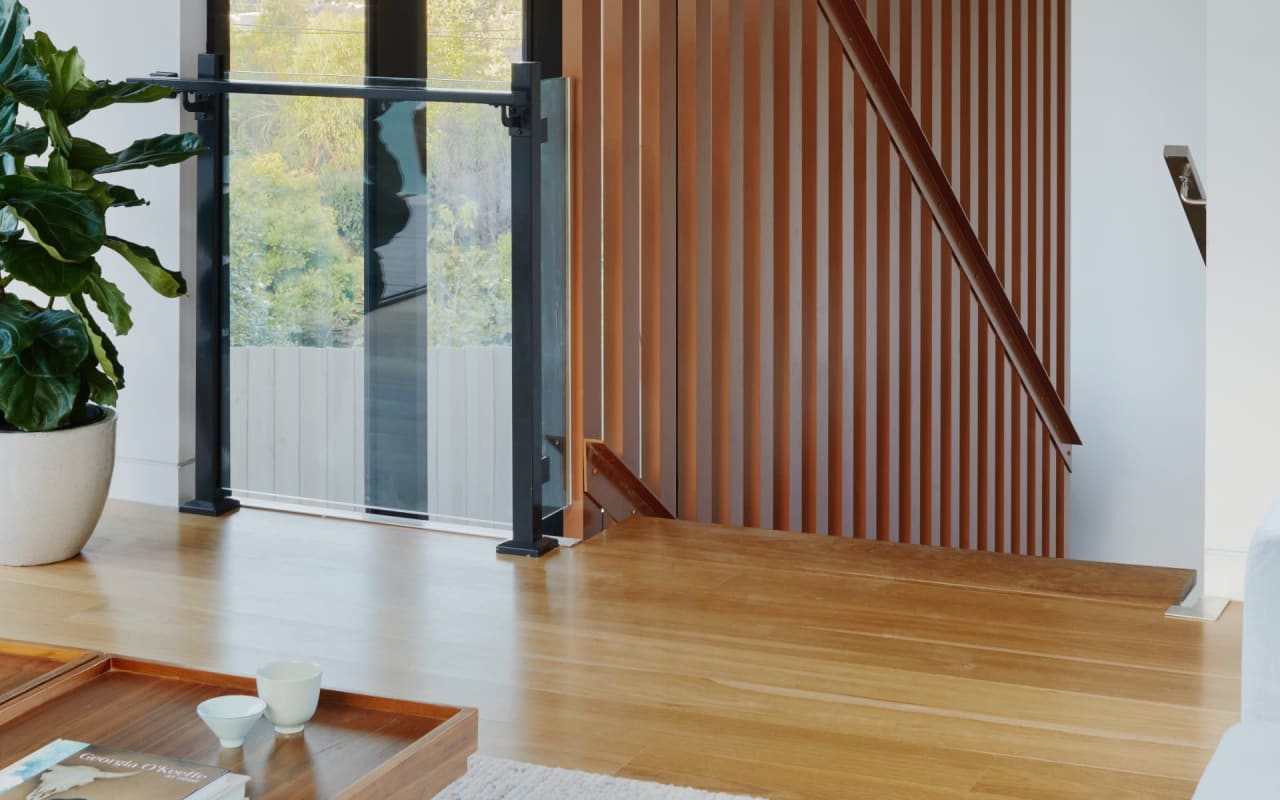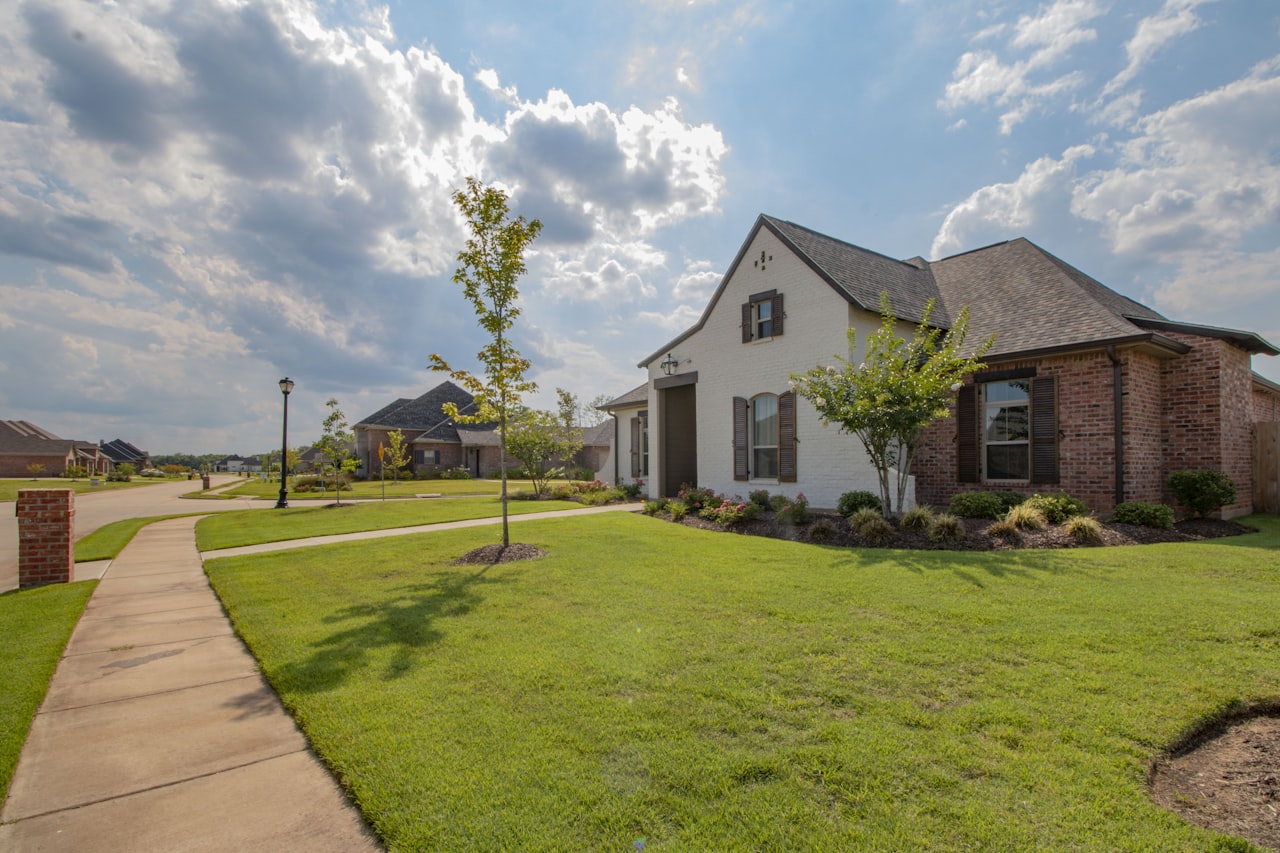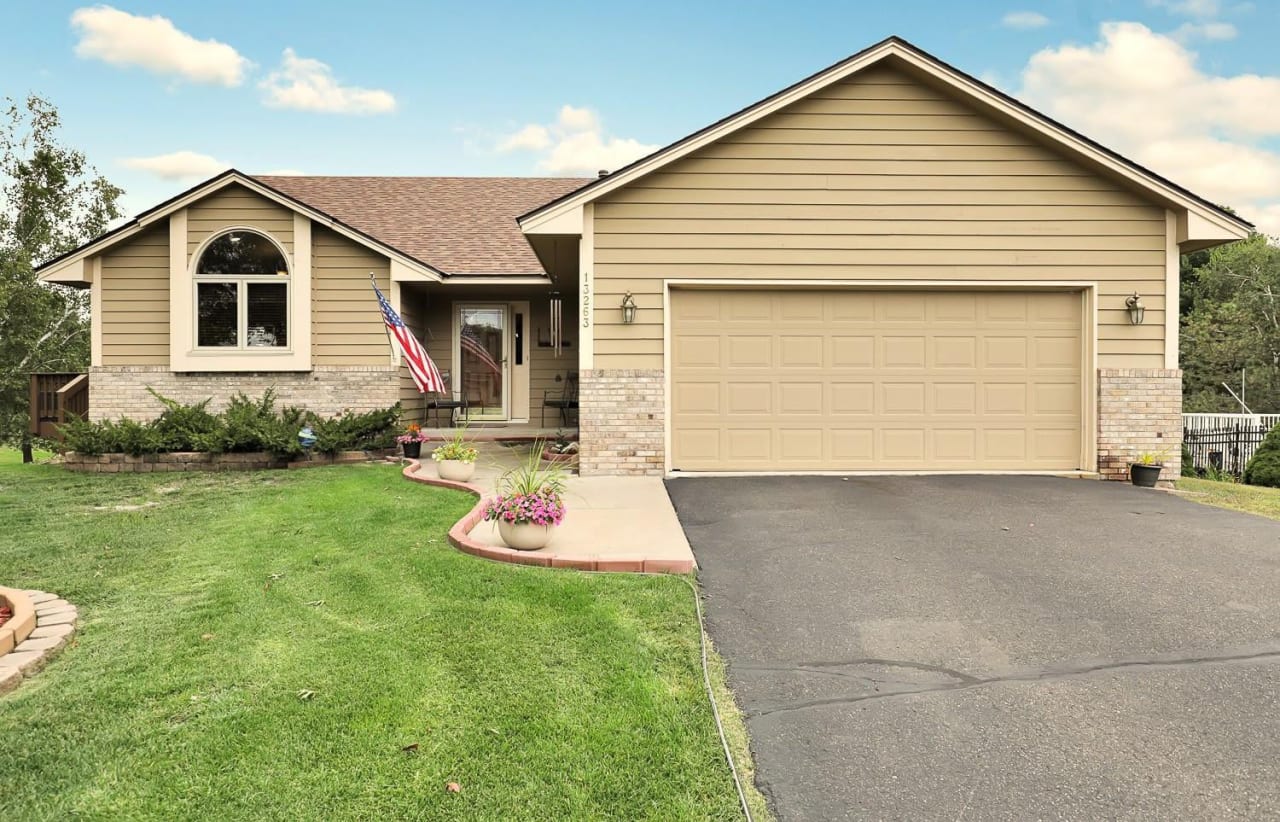Historically, real estate in the U.S. has almost always been a great long-term investment but it hasn't always worked out as a successful short-term investment, especially in the modern-day, boom and bust economy. Nowadays, Americans of all generations are exercising more caution when it comes to buying a home vs. renting a home for fear of getting caught in the next bubble.
At face value, buying a home can seem more affordable than renting in this market due to rising rent prices and historically low-interest rates. But it's important to keep in mind that the lower monthly payment associated with home ownership comes with the risk of future equity loss (in a market correction cycle) and the need to establish and maintain a savings fund for future repairs and maintenance (something many home buyers fail to account for). It's also important to keep in mind that property taxes, hazard insurance, association dues, the cost of maintenance, etc. can all rise over time.
Of course, the affordability of a monthly payment is important but no one wants to find themselves stuck in a negative equity situation down the road. Maintaining equity in your home will enable you to move when you need to regardless of market conditions. The ability to move in a down market can position you to increase your standard of living without increasing your cost of living by up-sizing when prices are down.
5. Buy when the time is financially right for you.
Throughout history, people have been telling the younger generations to, "hurry up and buy a home while it's still affordable". The fear that interest rates will rise aggressively while prices simultaneously skyrocket is not rational. Interest rates are the market's natural form of a check and balance on price volatility. Affordability is what drives demand for housing so affordability will always remain within a relative range. Don't feel rushed by the market to buy a home. The best time to buy a home is when you are financially prepared to do so.
4. View your home purchase as a financial investment, not just a residence.
In the long term, it's difficult to lose money on residential real estate but there will always be correction cycles that create short-term losses of equity. When prices do come into a correction cycle, it will be the people who bought a home for short-term use to sell in the short term who will suffer losses. During the housing crisis from 2007 through 2011, many homeowners who put down decent money and made all of their payments on time found themselves stuck in negative equity, and those who needed to sell were forced to realize losses. If you buy a property with a plan to be able to own and manage it long-term, then you won't be forced to sell it during a down market and even if you enter negative equity territory, you won't have to realize the loss.
3. Buy a property that you could sustainably lease out in the future if you need to move quickly.
When you buy real estate, you're not just buying dirt, space, air, and structure. More importantly, you are buying a bundle of rights that allow you to utilize that dirt, space, air, and structure in ways that you see fit.
With some properties (like condos, townhouses, and other common interest communities), that bundle of rights can be extremely limited, including limits on your right to lease your property to someone else.
Buying a property with the right to lease it intact has inherent value and enables you to hold onto the property through a down market, even if you need to relocate.
2. Save for a healthy down payment, ideally 20% down.
Why?
For many of us, forced discipline is the best way to be disciplined. Consider taking out a 15-year mortgage rather than a 30-year mortgage to force yourself to adhere to a more aggressive principle reduction strategy. With the principle reduction that comes with a 15-year mortgage, your odds of remaining in an equitable position regardless of the boom and bust cycles in the market are extremely high. Plus, you get a lower interest rate with a 15-year mortgage vs. a 30-year mortgage.
At face value, buying a home can seem more affordable than renting in this market due to rising rent prices and historically low-interest rates. But it's important to keep in mind that the lower monthly payment associated with home ownership comes with the risk of future equity loss (in a market correction cycle) and the need to establish and maintain a savings fund for future repairs and maintenance (something many home buyers fail to account for). It's also important to keep in mind that property taxes, hazard insurance, association dues, the cost of maintenance, etc. can all rise over time.
Of course, the affordability of a monthly payment is important but no one wants to find themselves stuck in a negative equity situation down the road. Maintaining equity in your home will enable you to move when you need to regardless of market conditions. The ability to move in a down market can position you to increase your standard of living without increasing your cost of living by up-sizing when prices are down.
5. Buy when the time is financially right for you.
Throughout history, people have been telling the younger generations to, "hurry up and buy a home while it's still affordable". The fear that interest rates will rise aggressively while prices simultaneously skyrocket is not rational. Interest rates are the market's natural form of a check and balance on price volatility. Affordability is what drives demand for housing so affordability will always remain within a relative range. Don't feel rushed by the market to buy a home. The best time to buy a home is when you are financially prepared to do so.4. View your home purchase as a financial investment, not just a residence.
In the long term, it's difficult to lose money on residential real estate but there will always be correction cycles that create short-term losses of equity. When prices do come into a correction cycle, it will be the people who bought a home for short-term use to sell in the short term who will suffer losses. During the housing crisis from 2007 through 2011, many homeowners who put down decent money and made all of their payments on time found themselves stuck in negative equity, and those who needed to sell were forced to realize losses. If you buy a property with a plan to be able to own and manage it long-term, then you won't be forced to sell it during a down market and even if you enter negative equity territory, you won't have to realize the loss.3. Buy a property that you could sustainably lease out in the future if you need to move quickly.
When you buy real estate, you're not just buying dirt, space, air, and structure. More importantly, you are buying a bundle of rights that allow you to utilize that dirt, space, air, and structure in ways that you see fit.With some properties (like condos, townhouses, and other common interest communities), that bundle of rights can be extremely limited, including limits on your right to lease your property to someone else.
Buying a property with the right to lease it intact has inherent value and enables you to hold onto the property through a down market, even if you need to relocate.
2. Save for a healthy down payment, ideally 20% down.
Why?- The process of saving for a down payment helps you develop the financial discipline necessary to manage the maintenance and repairs required for equitable home ownership.
- By putting 20% down, you will avoid mortgage insurance and get the best interest rate possible, which will free up additional capital for your maintenance fund and your principal reduction strategy.
- The more money you put down, the more equity you start with. If prices fall, you will lose equity in your current home but so long as you have enough equity to move, a downturn in the market could be a blessing as you could gain more equity in your future home than you lose in your current home.
1. Understand and capitalize on the exponential power of principle reduction
Example: A $200,000 30-year home loan with an interest rate of 5% would cost $186,512 in interest throughout the entire course of the loan, with the traditional 12 payments a year. If you were to make one extra payment every year, that loan would be retired in only 26 years and you would pay only $153,813 in interest - a savings of $32,699.For many of us, forced discipline is the best way to be disciplined. Consider taking out a 15-year mortgage rather than a 30-year mortgage to force yourself to adhere to a more aggressive principle reduction strategy. With the principle reduction that comes with a 15-year mortgage, your odds of remaining in an equitable position regardless of the boom and bust cycles in the market are extremely high. Plus, you get a lower interest rate with a 15-year mortgage vs. a 30-year mortgage.



